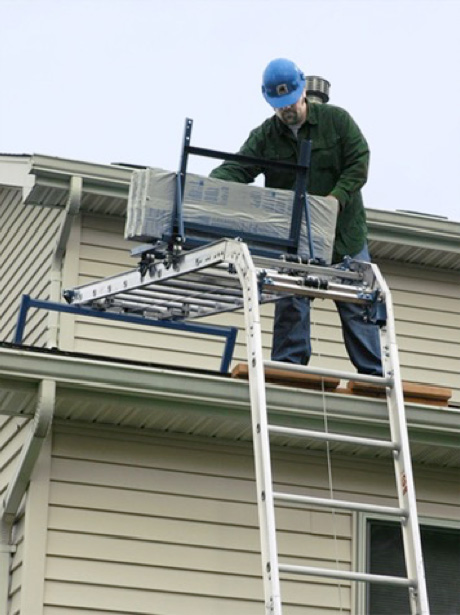OSHA Updates Final Crane Operator Rule

By Cotney Construction Law.
Employers and crane operators must act fast to ensure they both meet the new criteria set forth by OSHA.
Per OSHA’s publication in the Federal Register on November 9, 2018, the requirements for crane operator certification will take effect on December 10, 2018, and the requirements for employers to evaluate/document crane operators will take effect on February 7, 2019.
Further, OSHA stated that the new crane operator certification will be limited to certification based on equipment type and that OSHA will not be enforcing the requirement that certifications identify a lifting capacity for the certification. This decision was made in order to maintain current industry practices and avoid confusion on construction projects. The decision and effective dates mean all crane operators must be certified by December 10 of this year and all employers must begin evaluating and documenting the evaluations by February 7, 2019.
While testing organizations, such as the National Commission for the Certification of Crane Operators (NCCCO), are not required to issue certifications rated by lifting capacity, they are still permitted to do so. Crane operators will need to ensure they meet the minimum operator requirements outlined in the rule, 29 CFR 1926.1427. The rule requires employers to ensure crane operators receive training, evaluate operators for their ability to safely operate crane equipment, and document the evaluation.
In sum, employers and crane operators must act fast to ensure they both meet the new criteria set forth by OSHA. Exactly how OSHA will enforce the new requirement is yet to be seen but employers should be ready and have guidelines in place for project inspections.
Source: Cotney Construction Law
Author’s note: The information contained in this article is for general educational information only. This information does not constitute legal advice, is not intended to constitute legal advice, nor should it be relied upon as legal advice for your specific factual pattern or situation. Regulations and laws may vary depending on your location. Consult with a licensed attorney in your area if you wish to obtain legal advice and/or counsel for a particular legal issue.



-2025-xtv-mls-tour-2.png)


















Comments
Leave a Reply
Have an account? Login to leave a comment!
Sign In